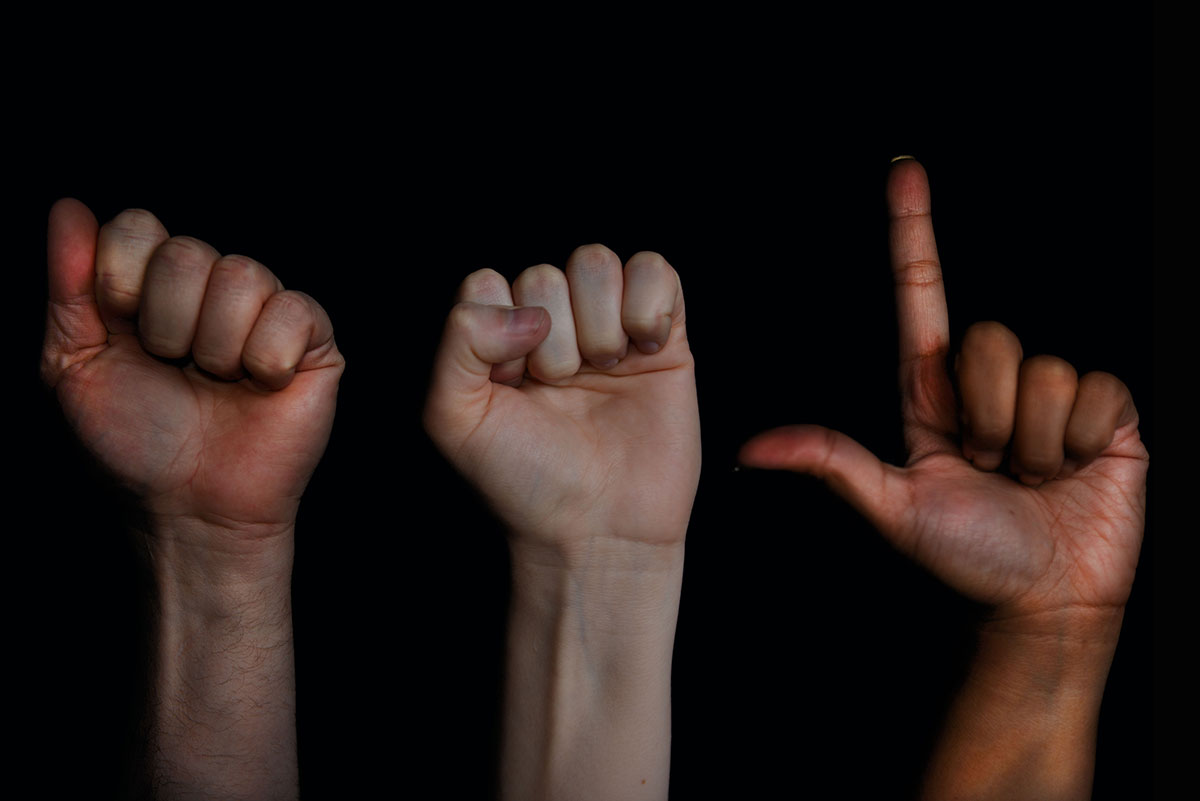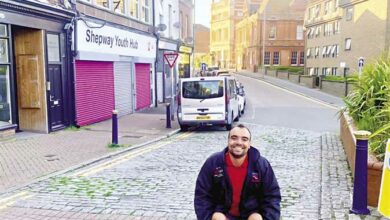
Most US medical schools fail to accommodate students with disabilities, a study shows.
The researchers analyzed policies covering admission eligibility and what assistance to give people who have difficulties with hearing, vision or mobility.
While most schools posted their policies, known as technical standards, on their websites, only one third appeared to provide accommodations to students who might be eligible for help under the Americans with Disabilities Act, the analysis found.
“The students’ ability to process complex information and help render diagnoses and help patients is not the issue — rather the means by which educational information is provided is the issue,” said lead author Dr Philip Zazove of the University of Michigan Health System in Ann Arbor.
It’s crucial that medical schools do a better job of ensuring that patients with disabilities encounter people like them when they go to the doctor, Zazove added by email.
“People often prefer, when possible, to see a physician who looks like them,” Zazove said. “This includes the desire to see someone of the same gender, ethic group and disability, among other things.”
For the study, Zazove and colleagues focused on students with physical disabilities who might, for example, be able to practice medicine aided by a motorized scooter or assisted by a sign-language interpreter.
Technical standards were available for 161 of 173 medical schools reviewed from 2012 to 2014.
While 146 schools posted these documents on their websites, only 100 of the plans were easy to find online, the researchers reported in the journal Academic Medicine.
Just 53 schools — a third — had technical standards specifically supporting accommodations for students with disabilities, while roughly half had no clearly stated policies and about 4 percent were unsupportive.
Many schools also lacked information on who would be responsible for providing any needed accommodations, though 27 percent of the programs indicated they would offer this support and 10 required students to assume at least some of the burden themselves.
While about 40 percent of the schools permitted use of auxiliary aids like motorized scooters, less than 10 percent allowed intermediaries like sign language interpreters.
One limitation of the study is that the analysis based on the technical standards might not accurately reflect the accommodations that schools offer students with disabilities, the authors note. It’s possible that schools provide and pay for assistance even though this isn’t spelled out in their written policies.
In addition, the study didn’t explore the experiences of applicants or students with disabilities or assess the nature of accommodations needed on an individual basis to see what type of assistance schools might provide in specific situations.
Still, Zazove, who is deaf and chairs the family medicine program at the University of Michigan, notes that technology and tolerance can make a wide range of medical specialties possible for people with disabilities.
When he trained in the 1970s, he rigged a bed to vibrate when he was needed during on-call shifts because they couldn’t give him a vibrating beeper. Today, he can use a combination of sign interpreters, text-to-speech computer software and Bluetooth-directed voices in his hearing aid.
“Many accommodations are now available that would have been unimaginable 50 years ago, and individuals with specific disabilities can and do practice effectively with unique dedication to their profession and empathic attunement to their patients who have chronic illnesses and related disabilities,” said Dr Annie Steinberg of the Perelman School of Medicine at the University of Pennsylvania.
Medical schools are also legally required to make reasonable accommodations for students with disabilities, Steinberg, who wasn’t involved in the study, said by email.
“In addition, having diverse health-care providers, including those with disabilities, assures patients that they will be equally respected for what they can contribute, and that their lives matter equally,” Steinberg added.



